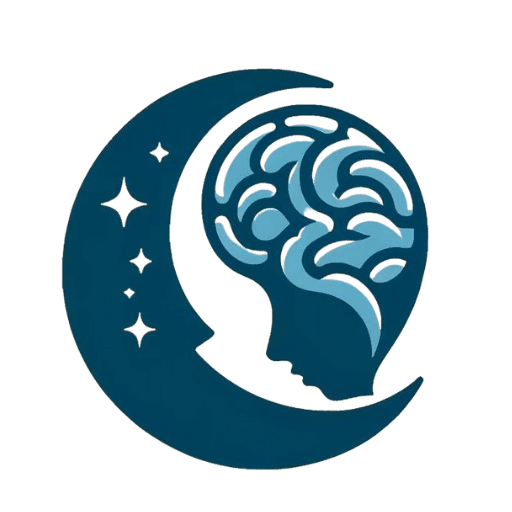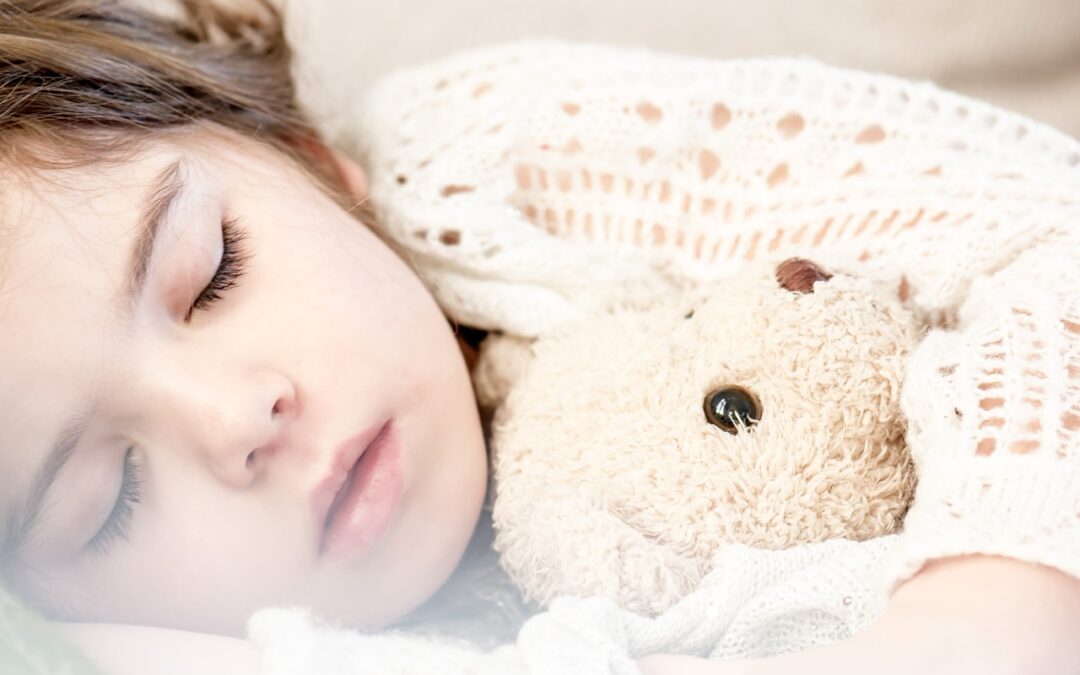In preschool-aged children, daytime tiredness is a common concern among parents and caregivers. Despite seemingly adequate sleep duration at night, many children wake up exhibiting signs of fatigue, such as irritability, difficulty concentrating, and mood swings.
This issue often leads to a misdiagnosis of behavioral disorders like ADHD, when in fact, the underlying cause may be a sleep-related condition known as sleep apnea.
What is Sleep Apnea?
Sleep apnea is a condition characterized by repeated interruptions in breathing during sleep.
These interruptions can lead to poor sleep quality, resulting in daytime tiredness and behavioral symptoms similar to ADHD, including hyperactivity and inattention.
The most common daytime symptoms of sleep apnea in children:
- Persistent Daytime Tiredness: Despite seemingly adequate sleep at night, children may exhibit ongoing tiredness throughout the day.
- Difficulty Waking Up: Children may have a hard time waking up in the morning or appear very groggy upon waking.
- Behavioral Issues: Symptoms can include increased irritability, mood swings, or aggression that may not align with the child’s usual behavior.
- Attention Problems: Children may show signs of difficulty concentrating on tasks or activities, resembling attention deficit issues.
- Hyperactivity: Some children exhibit hyperactive behavior, which can sometimes lead to an incorrect diagnosis of ADHD.
- Poor Academic Performance: The impact on concentration and attention can lead to struggles with academic work or learning difficulties.
- Social Challenges: Daytime tiredness and related symptoms can affect a child’s social interactions, making it harder for them to engage positively with peers.
Why is Sleep Apnea Overlooked in Preschoolers?
Sleep apnea can be difficult to identify in preschool-aged children because its symptoms often mimic those of common childhood behavioral issues.
Before jumping to conclusions or implementing solutions for managing their behavior, it’s crucial to evaluate how they actually sleep.
Signs of sleep apnea in children include:
- Snoring: Regular, loud snoring is a common sign, which might be dismissed as harmless but can indicate obstructed breathing.
- Mouth Breathing: Children with sleep apnea may breathe through their mouth instead of their nose during sleep, which can be a sign of blocked nasal passages.
- Restless Sleep: Frequent tossing and turning or inability to stay still during the night may signal that the child is struggling to maintain an open airway.
- Pauses in Breathing: Perhaps the most indicative sign of sleep apnea is observable pauses in breathing, where the child might stop breathing for several seconds and then resume, often with a gasp.
- Sweating Heavily During Sleep: Due to the effort to breathe, children might sweat more than usual during sleep.
- Unusual Sleeping Positions: Children might adopt strange positions in an attempt to breathe better, such as sleeping with the neck extended or propping up multiple pillows.
The Link Between Sleep Apnea and Daytime Tiredness
The quality of sleep in children with sleep apnea is compromised due to the frequent interruptions in breathing.
These disruptions can lead to fragmented sleep, preventing children from achieving the deep, restorative sleep stages necessary for optimal health and development.
As a result, children may experience significant daytime tiredness, affecting their mood, behavior, and cognitive function.
The Importance of Early Identification and Intervention
Identifying and addressing sleep apnea in preschool-aged children is crucial for preventing the negative impacts of daytime tiredness on a child’s development and quality of life.
Parents and caregivers should be vigilant for signs of sleep apnea and seek a professional evaluation if sleep apnea is suspected.
Early intervention for sleep apnea may include monitoring sleep patterns, lifestyle changes, or medical interventions.
Conclusion
Daytime tiredness in preschoolers should not be dismissed as a normal part of childhood development.
Instead, it should prompt an evaluation for sleep apnea, a condition that can significantly impact a child’s behavior, cognitive development, and overall quality of life.
By recognizing the signs of sleep apnea and seeking appropriate treatment, parents and caregivers can ensure their children receive the restorative sleep they need to thrive.
If you need personalized advice, and wish to improve your child’s sleep, check out our individual sleep coaching packages and consultation options.

